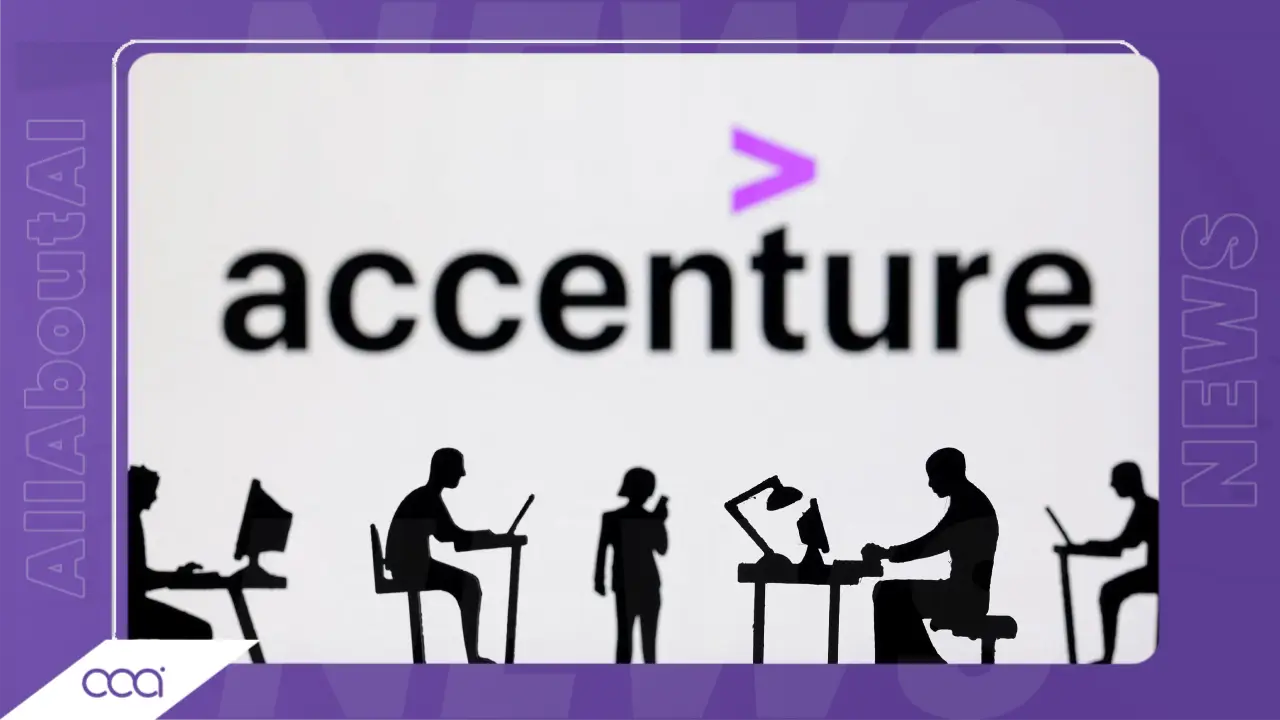
📌 Key Takeaways
- Accenture links workforce changes to an AI-first strategy
- Some roles will exit where reskilling is not viable
- Training expands as client demand shifts to AI work
- Delivery pivots to Reinvention Services and shared assets
- Leaders signal hiring after the rotation phase
What Accenture Just Changed
Headcount moved to match AI demand across core markets. Leaders say exits target roles that cannot be reskilled in time for new pipelines. The shift aims at faster delivery and margin discipline.
The message, rotate into AI and data work, trim roles that do not fit, and invest where demand is strong so clients see value sooner.
A tighter focus on platforms, playbooks, and verified skills underpins the plan. Teams will ship with clearer templates and a shared view of scope.
Impact On Employees And Hiring
Training expands so staff can step into AI projects quickly. Rotation paths point to data, automation, and model ops, with checks on readiness before deployment.
“We are exiting people where reskilling is not viable, and rotating others into what we need.” — Julie Sweet, CEO, Accenture
Leaders also flag new roles once the mix stabilises. The target is a net increase as AI programs scale and fresh demand lands.
What Clients Will Notice
Expect more Reinvention Services programs that bundle strategy, build, and run. This reduces handoffs and sets KPIs that track time saved and impact.
Asset reuse grows across industries. Teams start with proven accelerators, then adapt to local rules. That keeps costs in line while holding quality.
Risks, Fairness, And Controls
Rotation can feel abrupt if goals are not clear. Managers need checklists for skills, timelines, and support for people who cannot transition.
“Actions create savings that we will reinvest in our people and our business.” — Angie Park, CFO, Accenture
Guardrails matter. Document criteria, publish training access, and track outcomes by region to avoid hidden bias in exits.
How Delivery Changes On The Ground
Projects add AI discovery, risk reviews, and prompt standards. Shared runbooks make outputs consistent, from data checks to change logs.
Clients should see faster starts and fewer resets. Shadow plans and staged handovers keep work stable while teams rotate into new roles.
What Leaders Should Do Now
Map role taxonomies with explicit AI ladders. Measure time to proficiency and billable readiness, not just course completion.
Pair reskilling with targeted hiring where gaps remain. Publish internal mobility paths so talent sees a route forward before exits land.
Conclusion
The reset aligns Accenture to rising AI demand with a firm push on rotation, training, and shared assets. The promise is speed and clearer value in delivery.
Execution decides the outcome. If fairness, controls, and client continuity hold, the mix can grow again with stronger AI capability across teams.
